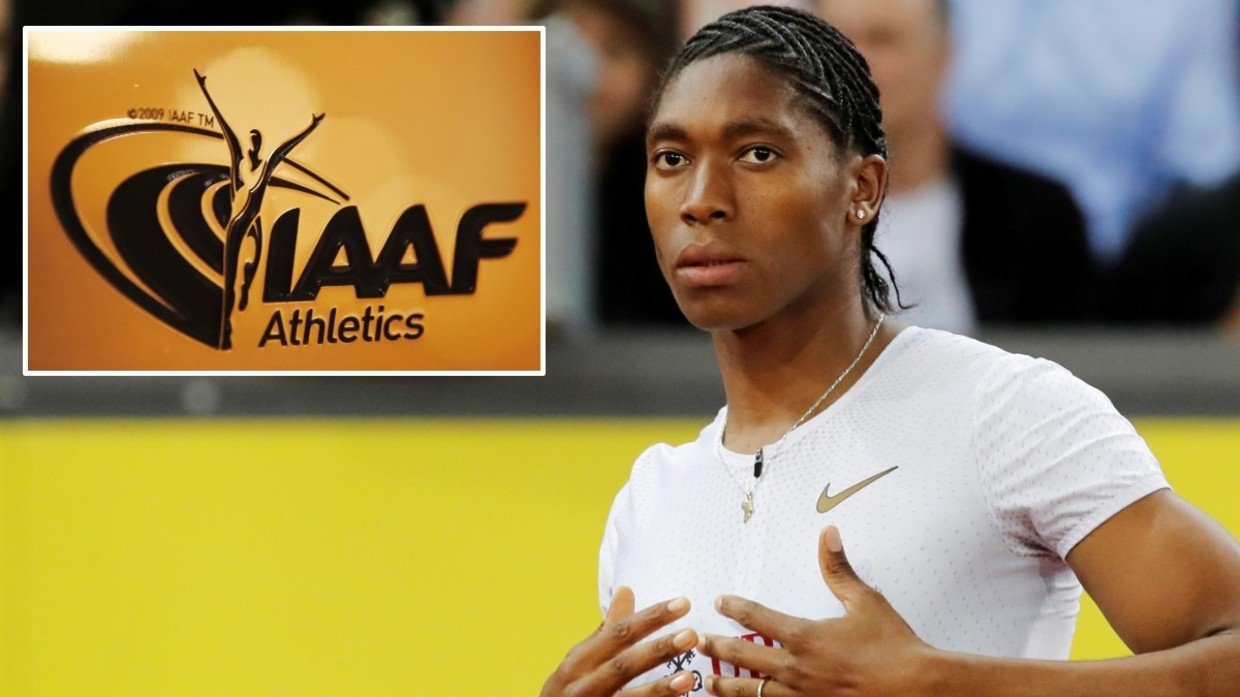Caster Semenya says she has been treated as a guinea pig by the governing body of athletics after it was revealed the IAAF had attempted to force her to be declared as a "biological male" in recent court hearings.
The Court for Arbitration for Sport (CAS) rejected Semenya's appeal against rules requiring female middle-distance athletes with elevated testosterone levels to take medication to reduce them.
READ MORE: Caster Semenya loses CAS appeal against IAAF in pivotal testosterone case
Before the five-day court proceedings, the IAAF states that athletes with differences in sexual development (DSDs) should not be classified as "biological males", but during the hearings they argued the opposite.
"Despite the CAS’s clear statements about Caster Semenya’s gender, the IAAF has taken it upon itself to decide who is, and who is not, woman enough in the eyes of the IAAF, and to discriminate on that basis," said a statement from Semenya’s lawyers.
"While the IAAF publicly claims that it is not engaged in sex testing, the CAS Award makes it clear that the IAAF is doing exactly that.
"The IAAF’s regulations are the most recent in a long chain of sex-testing rules that have plagued women’s sport for decades and caused profound harm to women athletes."
Also on rt.com 'No human can stop me running': Caster Semenya defiant after winning 800m at Diamond LeagueSome competitors have stated that athletes with elevated levels of testosterone have an unfair advantage, due to the hormone's ability to improve strength, muscle mass and hemoglobin.
Semenya said she has already been used as a human guinea pig to test how testosterone-reduction medicine would affect an athlete, and stated that she would refuse any further medical tampering with her system.
"The IAAF used me in the past as a human guinea pig to experiment with how the medication they required me to take would affect my testosterone levels," Semenya said.
"Even though the hormonal drugs made me feel constantly sick, the IAAF now wants to enforce even stricter thresholds with unknown health consequences. I will not allow the IAAF to use me and my body again.
"But I am concerned that other female athletes will feel compelled to let the IAAF drug them and test the effectiveness and negative health effects of different hormonal drugs. This cannot be allowed to happen."
Semenya and the governing body of athletics in South Africa, Athletics South Africa, are challenging the CAS ruling at the Swiss Federal Tribunal.
Until her appeal is heard and adjudicated upon, Semenya is free to compete without testosterone reduction medicine.
A statement from IAAF said: "Sport is one of only a few, narrow sectors of society in which biology has to trump gender identity to ensure fairness.
"To define the female category based on something other than biology would be category defeating and would deter many girls around the world from choosing competitive and elite sport after puberty.
"The IAAF considers that the DSD Regulations are a necessary, reasonable and proportionate means of protecting fair and meaningful competition in elite female athletics, and the CAS agreed."

